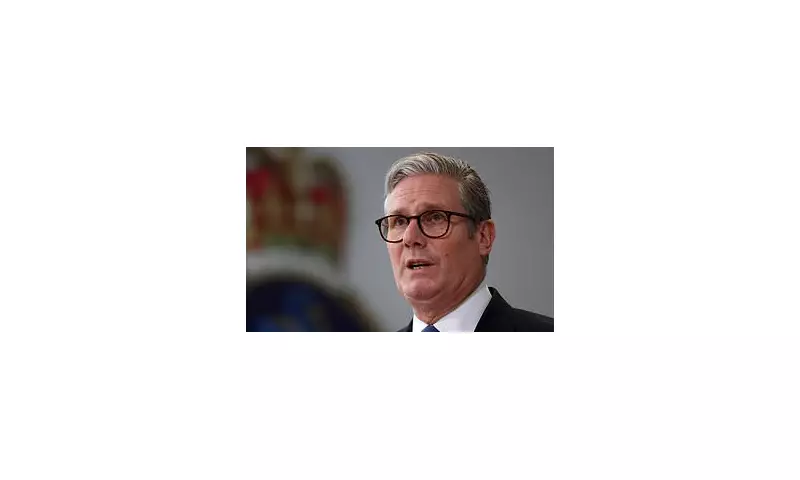
The UK government's recent agreement regarding the Chagos Islands has come under fire after revelations that the deal could cost British taxpayers ten times more than initially disclosed by the Prime Minister.
Sources close to the negotiations suggest that the financial burden of the settlement, which involves the disputed archipelago in the Indian Ocean, has been severely underestimated. Critics argue that the lack of transparency surrounding the deal raises serious questions about accountability in foreign policy decisions.
Mounting Costs Spark Outrage
Opposition MPs and fiscal watchdogs have expressed alarm over the ballooning costs, with some calling for an immediate parliamentary inquiry. "This is yet another example of the government failing to be upfront with the public about the true price of its decisions," said one senior opposition figure.
Historical Context of the Dispute
The Chagos Islands have been a point of international contention for decades. The UK maintained control of the territory after Mauritius gained independence in 1968, leading to prolonged legal battles and diplomatic tensions.
- The islands were leased to the US for a military base on Diego Garcia
- Indigenous Chagossians were forcibly removed in the 1960s and 1970s
- Mauritius has long claimed sovereignty over the archipelago
What This Means for UK Taxpayers
While the exact figures remain confidential, insiders suggest the final bill could reach hundreds of millions of pounds when accounting for:
- Compensation payments
- Legal fees
- Environmental remediation costs
- Ongoing diplomatic support
The revelation comes at a sensitive time for the government, which faces increasing pressure to justify its spending priorities amid a cost-of-living crisis.





